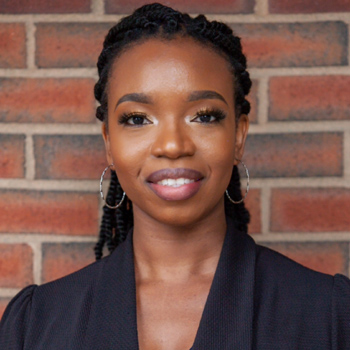Advances in synthetic biology have allowed us to genetically manipulate microbes and harness them as miniaturized factories to manufacture target compounds for a range of applications. This presentation will summarize projects broadly focused on reengineering microorganisms to produce more sustainable and easily accessible medications and vaccines. First, it will describe the recombinant production, characterization, and optimization of biosynthesis pathway enzymes, structural analysis enzymes, and critical precursors for making heparin and chondroitin sulfate – drugs that are traditionally unsustainably extracted and purified from animal tissues. Next, the talk will highlight recent efforts to develop a cell-free platform for total biosynthesis of conjugate vaccine candidates against specific bacterial pathogens, initially aimed at acute diarrheal diseases. This platform has the potential to accelerate vaccine process development and offer portable, on-demand synthesis of clinically relevant vaccine doses in resource-limited settings.

Dr. Asher Williams is a Trinidad and Tobago national scholar and currently a Presidential Postdoctoral Fellow at Cornell University. She also works with the United Nations to help promote confidence around COVID-19 vaccines and is a member of the CDC Foundation’s campaign to combat vaccine misinformation. She earned a B.Sc. in Chemical & Biomolecular Engineering at New York University in 2015, then worked as a NASA bioengineering research intern before pursuing a doctoral degree in Chemical Engineering at Rensselaer Polytechnic Institute. During her graduate career she was awarded RPI’s Presidential Graduate Research Fellowship, coauthored several peer-reviewed articles with a pending patent, and worked to increase the recruitment and retention of minoritized students in graduate education as vice president of RPI’s Black Graduate Students Association. She was named an MIT Rising Star in Chemical Engineering and is listed by Cell Mentor as one of 1000 Inspiring Black Scientists in America.